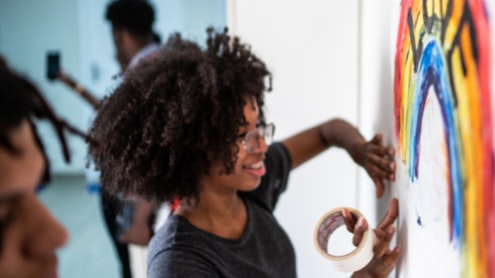Homepage
•
Learning Library
•
Blog
•
7 LGBTQ+ Resources for Educators
Expand breadcrumbs
Expand breadcrumbs
- Learning Library
- Blog
- 7 LGBTQ+ Resources for Educators
- Homepage
- •
- Learning Library
- •
- Blog
- •
- 7 LGBTQ+ Resources for Educators
7 LGBTQ+ Resources for Educators
By Jennifer Snelling
May 31, 2022








